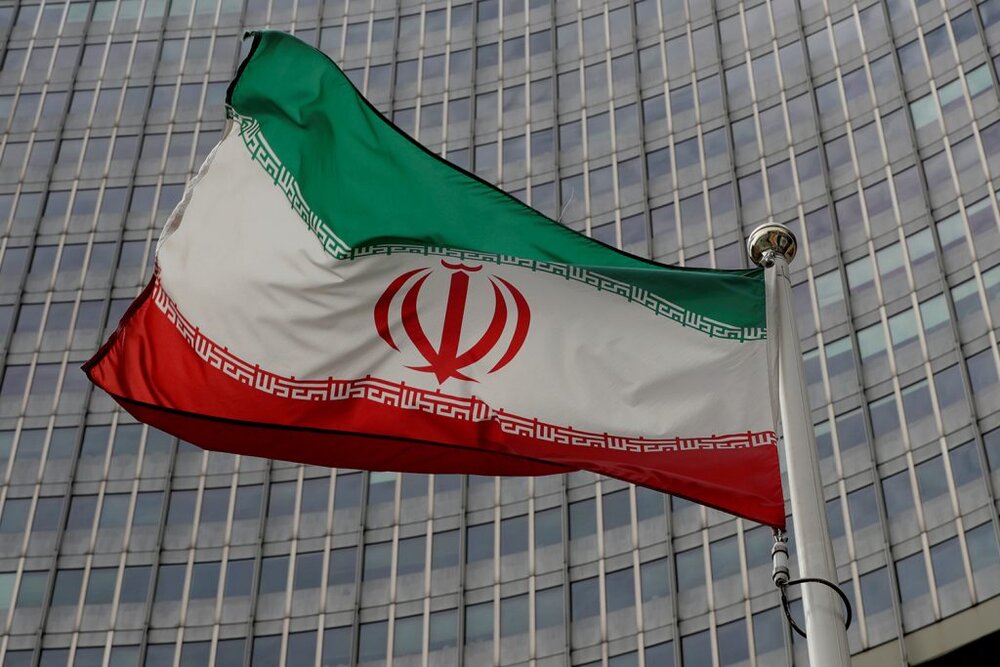Iran: IAEA shall ensure confidentiality of safeguards information

TEHRAN – Kazem Gharibabadi, Iran's ambassador and permanent representative to the Vienna-based international organizations, has criticized the leaking of the recent report on Iran’s nuclear development by the International Atomic Energy Agency (IAEA), saying the IAEA shall ensure confidentiality of safeguards information.
“@iaeaorg confidential report, based on Iran's confidential letter, appeared in Media immediately even before the BoG Members could track it down. Agency is not merely responsible to update the development, but shall ensure confidentiality of safeguards information,” Gharibabadi tweeted on Friday night.
“If neither the Agency nor its Member States are to be blamed for this crack in confidentiality, @iaeaorg should revise its confidentiality mechanisms including regarding using GovAtom as the safe and confidential means for communications,” he added.
The response by Ambassador Gharibabadi came after Reuters reported that Iran plans to install hundreds more advanced uranium-enriching centrifuges at an underground plant at Natanz.
Citing a confidential IAEA report on Friday, Reuters said Iran plans to install three more cascades, or clusters, of advanced IR-2m centrifuges in the underground plant at Natanz.
Mikhail Ulyanov, Russia’s permanent representative to the Vienna-based international organizations, also criticized the leaking of confidential information.
“Yet another confidential #IAEA report on #Iran was leaked to mass media immediately upon its circulation in Board of Governors,” Ulyanov tweeted on Friday night, adding, “The Ambassador of Iran in his Twitter account has already reacted by suggesting to strengthen mechanisms of confidentiality. Good idea but will it help?”
Iran signed a nuclear deal, formally called the JCPOA, with six world powers, including the U.S., Russia, China, France, Britain and Germany and also the European Union, in Vienna on 14 July 2015.
However, the JCPOA was ditched by U.S. President Donald Trump on May 8, 2018. The United States’ unilateral withdrawal from the JCPOA was deplored by all other parties to the deal.
On May 8, 2019, exactly one year after Trump’s withdrawal, Iran began to gradually reduce its nuclear commitments according to the JCPOA, citing the other parties’ failure to secure its interests under the deal. However, Tehran has repeatedly said that it will return to its commitments if the other parties can protect its interests against the United States’ “toughest ever” sanctions.
In another tweet on Saturday morning, Ulyanov wrote: “A lot of new ideas on how to handle #JCPOA: the law adopted by the Iranian Parliament, the new German ideas in this regard etc. The only private question in this regard- if JCPOA will survive this creativity? Let’s hope, yes. So far it demonstrated sustainability.”
Iran’s Parliament on Tuesday passed the outlines of a plan aimed at lifting the anti-Iran sanctions and protecting the rights of the Iranian nation.
The bill, put forward by the lawmakers in early November, is part of a broader strategy that aims to lift the United States sanctions on Iran. It aims to force the United States into lifting sanctions on Iran by doubling down on nuclear activities.
Speaking after the passing of the plan, Parliament Speaker Mohammad Bagher Ghalibaf said the move’s message to the enemies was that the “one-sided game is over”.
The bill requires the government to raise uranium enrichment levels to 20% and install advanced centrifuges.
According to the 9-article bill, the Atomic Energy Organization of Iran (AEOI) will be required to produce and store at least 120 kilograms of enriched uranium with 20 percent purity at the Fordow nuclear facility every year, and to fulfil the country’s peaceful industrial demands with uranium enriched above 20%.
Once the bill becomes a law, it will oblige the AEOI to increase the monthly output of enriched uranium for various peaceful purposes with different purity levels by at least 500 kg.
The oversight Guardian Council was expected to fully endorse the parliamentary bill on Saturday.
MH/PA
Leave a Comment